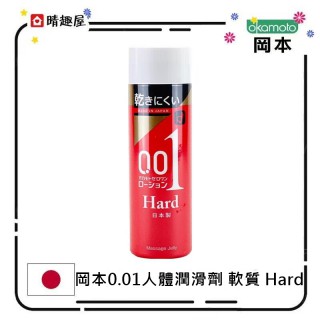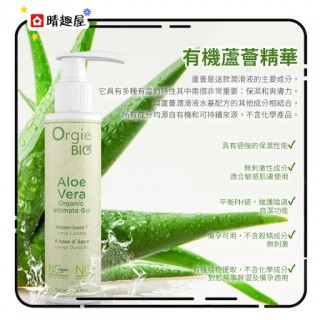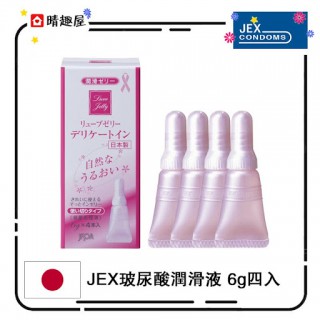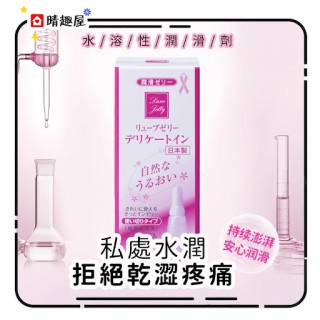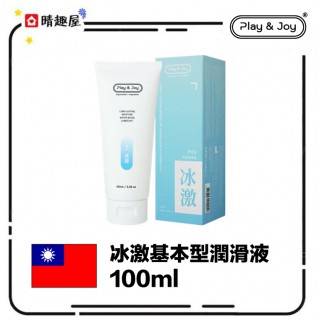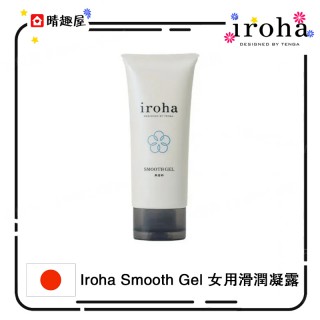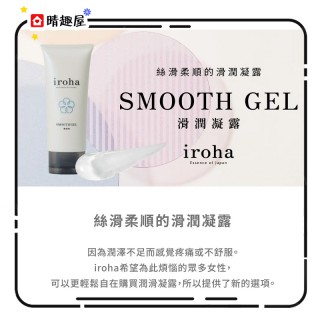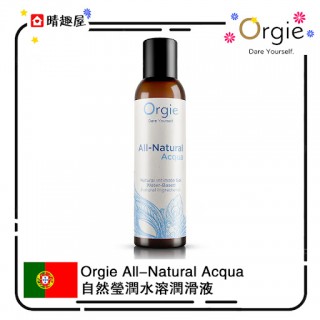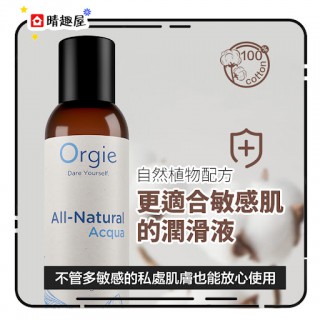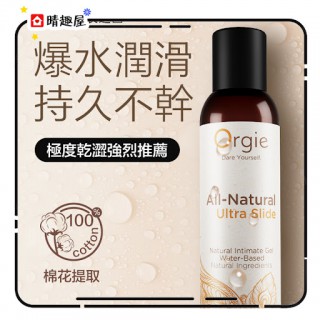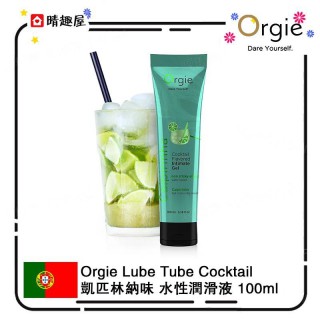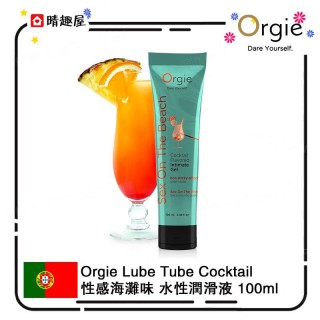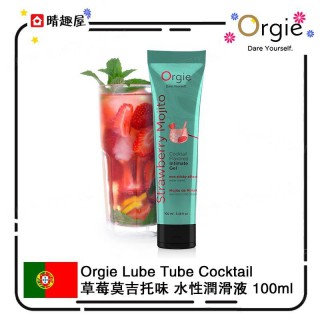Water-based lubricant
Water-based lubricant is a safe and gentle lubricant that does not have any adverse effects on the human body. It can be used in various situations such as sex, masturbation, and using toys. It is suitable for all types of toy materials including silicone, rubber, plastic, glass, and more, without damaging the surface of the toy, thus protecting the lifespan of the toy. It can also be used on condoms. In addition, the texture of water-based lubricant is light and easy to clean, leaving no residue on the skin and clothing, and does not cause pollution to the environment.
The scent of love, whiskey-flavored oral fluid - the secret wine of lust!
Smooth as wine, warm as love, it perfec..
HK$ 148.00
Produced by Japan's top condom brand, the Okamoto Zero One Lubricant Hard is now here to transform your experience w..
HK$ 98.00
Chamomile is greatly applied on cosmetic products for its several beneficial properties such as antifungal, antibact..
HK$ 118.00
Aloe Vera is known and used over centuries for its numerous properties. For skin care products, its high moisturizin..
HK$ 118.00
Prioritizing safety and cleanliness, this lubricating jelly has been sterilized to significantly reduce the amount o..
HK$ 118.00
This Play & Joy Basic Ice Lubricant offers a sensational experience of both cold and hot, enhancing the stimulat..
HK$ 138.00
Made by women, for women, the Iroha Smooth Gel Personal Lubricant for Women is a water-based lube that helps everyth..
HK$ 98.00
Embark on a journey of pure pleasure with Orgie's All-Natural Acqua Lubricant, all the way from Portugal. Crafted wi..
HK$ 158.00
Orgie All-Natural Ultra Slide Lubricant, the long-lasting silky lubricant from Portugal. Crafted in Portugal, this l..
HK$ 158.00
Orgie Cocktail Caipirinha Experience the classic tropical taste of zesty lemon, reminiscent of Brazil's iconic bever..
HK$ 118.00
Orgie Cocktail Sex on the beach Tangy citrus paired with sweet peach juice, offering a tropical flavor sensation, in..
HK$ 118.00
Orgie Cocktail Strawberry Mojito - A refreshing mojito paired with fresh sweet strawberries offers a slightly tipsy ..
HK$ 118.00






































































-80x80w.jpg)









